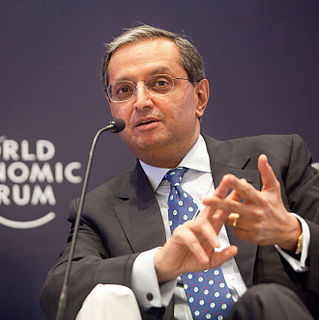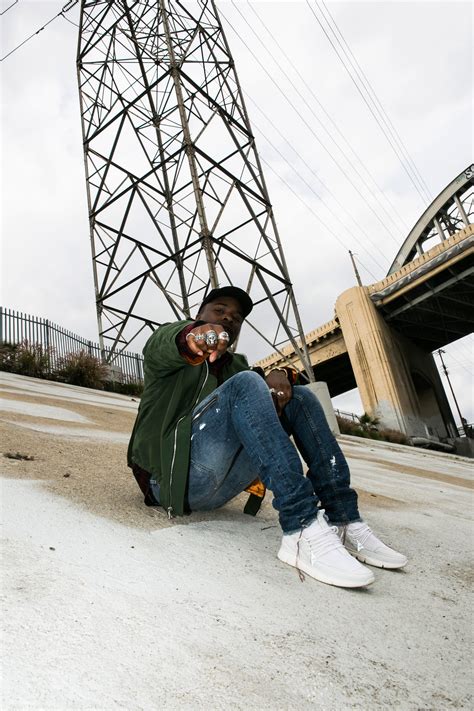A Quote by Sucheta Dalal
Sure, investors do tend to overreact, but they are investing real money based on doubtful information. Complacency or a wrong move sees their money literally vanish into thin air.
Related Quotes
Any money the government spends must be taxed, borrowed or conjured out of thin air by the Federal Reserve, and that will reduce sound private investment. Obama has no real wealth to inject into the economy. He can only move around existing money while inflation robs us of purchasing power. Meanwhile, private investors who might have produced a better engine, battery, computer, cancer treatment or other wealth-creating and life-enhancing innovations hold back for fear that big government will undermine productive efforts.
To walk in money through the night crowd, protected by money, lulled by money, dulled by money, the crowd itself a money, the breath money, no least single object anywhere that is not money. Money, money everywhere and still not enough! And then no money, or a little money, or less money, or more money but money always money. and if you have money, or you don't have money, it is the money that counts, and money makes money, but what makes money make money?
The business side of real estate investing is fraught with risk. Unlike purchasing mutual funds or savings bonds, with real estate, you can lose money; this is one of the reasons that seasoned real estate investors caution neophytes never to get too emotional about a property and always be willing to walk away.
Money is part of how we move through the world, what stores and restaurants we go into, whether we take a train to the airport or a taxi. Describing characters living in the real world requires describing them engaging with money. There are also so many emotional aspects to money - feelings of inadequacy, feelings of security. I am not sure if there needs to be more about money in fiction, but the absence of this aspect can make a story feel somehow frictionless and unreal.
For mines are for men, not for money. And money is not something to go mad about, and throw your hat into the air for. Money is for food and clothes and comfort, and a visit to the pictures. Money is to make happy the lives of children. Money is for security, and for dreams, and for hopes, and for purposes. Money is for buying the fruits of the earth, of the land where you were born.
What went wrong is we had tremendous concentration in the sense we put a lot of our money to work against U.S. real estate. We got here by lending money, and putting money to work in the U.S. real estate market, in a size that was probably larger than what we ought to have done on a diversification basis.
The thing about all these charities is that who sees where the money goes? I don't and you don't. For all I know, the president of Make a Wish just used all the money to buy himself a mansion and a yacht. That's why I keep all of my money for myself, at least then I know I'm doing good for at least one person for sure.

































